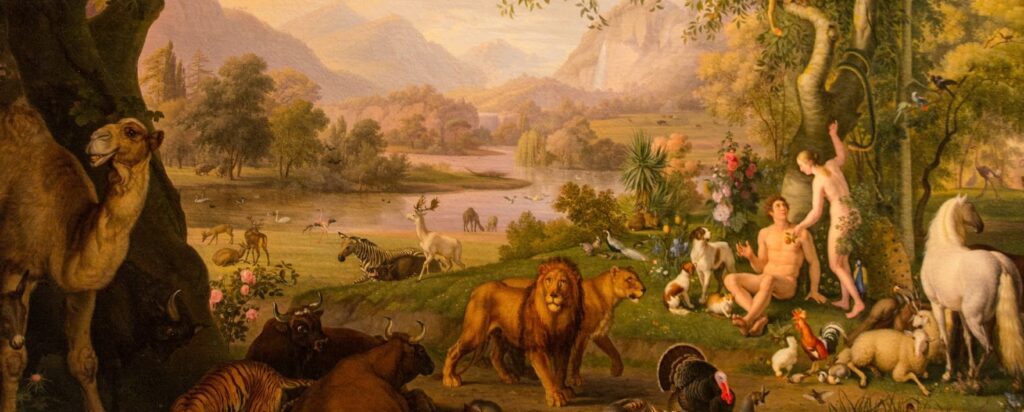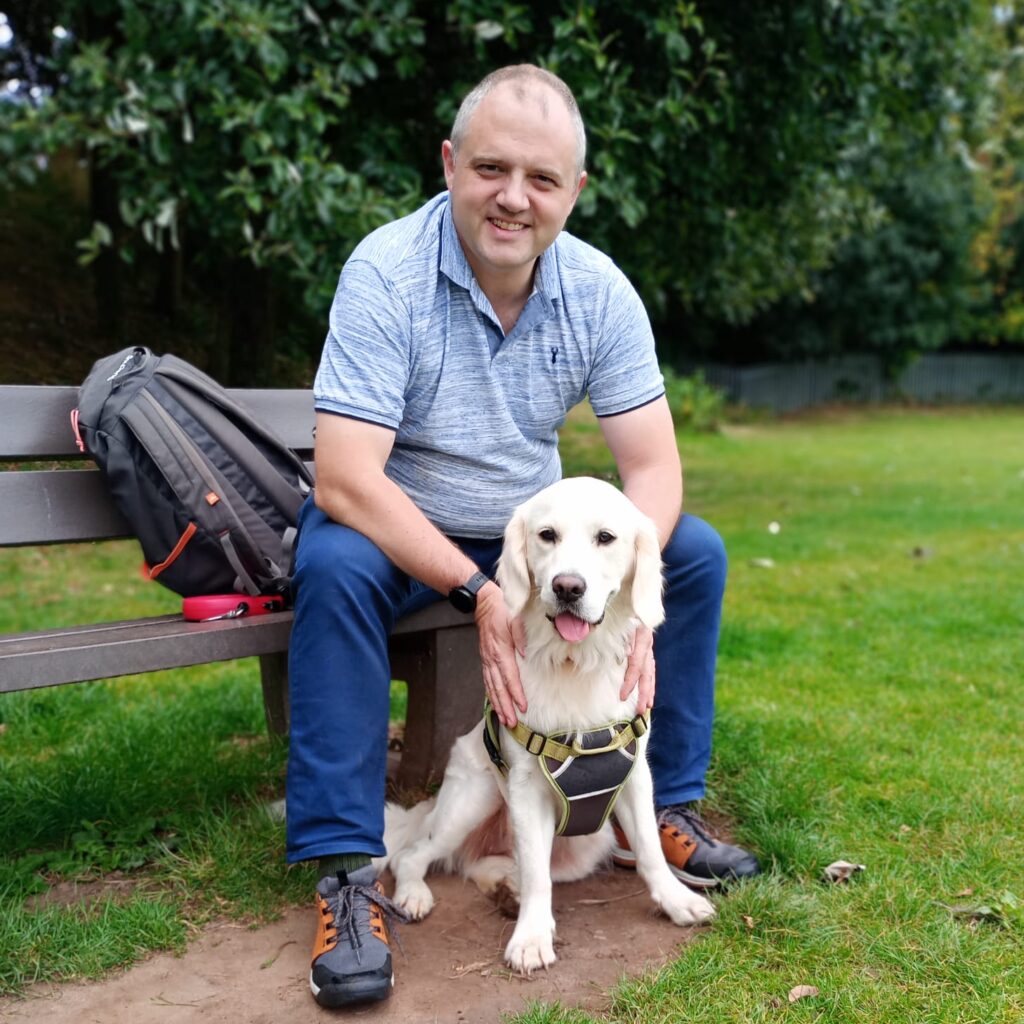Neurodiversity in scripture
The Genesis of Autism
One of the great things about autism is that it should force us to ask some of the big questions about what it is to be human, and to get better answers to those questions that we might do otherwise.
Autism was first described in modern terms in the 20th century, but that doesn’t mean that it only started to exist in the 20th century. The underlying issues about what it means to be human in the world are ones that people have been reflecting on for thousands of years.
For example, whatever it means about history, Genesis 1-3 undoubtedly gives us profound insights into human nature. It is the basis of human rights and several different strands of modern psychology. Even after thousands of years, we don’t have anything better than it for explaining why we are the way that we are.
Even if it’s a myth rather than a historical description, it’s far truer, far more powerful in terms of its consequences and far more useful in terms of helping us understand than any amount of saying that we are all stardust pulled together by time and chance.
Some of us are pretty suspicious of myths – I certainly used to be. Then I realised I used them all the time. Magnetism is a myth, for example – it’s a really useful way of describing how things work, but lines of magnetic flux don’t actually exist; it’s just a much easier way of understanding and explaining things than the actual truth!
I’m not commenting either way on whether Genesis 2-3 is historically true – JRR Tolkien and CS Lewis had a lot to say about Jesus being a mythic figure who was also historically true. I’m saying that the main point of the start of Genesis is not about its historical truthfulness. It’s what it teaches us about God and humanity: what it says about the way the world is now rather than the way the world was back then.
Likewise, the Bible has profound reflections on what it means to be human and to work together. And yes, the Bible is far more than just human wisdom – it is God-inspired and God-breathed. But even atheists can and do appreciate that there are good reasons why and how this book has endured for thousands of years and that it is an immense source of wisdom about humanity and the world.
And, as we will see, it turns out to be incredible useful for thinking about autism!

autism in genesis
This is part of a short series about what Genesis has to say about autism.

Further Reading
John Allister
John Allister is the vicar of St Jude’s Church in Nottingham, England.
He is autistic, and has degrees in Theology and Experimental & Theoretical Physics.


